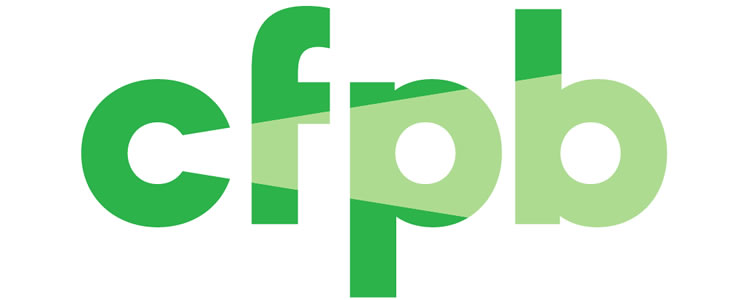The creation of the Consumer Financial Protection Bureau (CFPB) has changed the landscape for debt collection agencies in many ways since its inception. The CFPB has the authority to institute new rules in accordance with the Fair Debt Collection Practices Act of 1977 (FDCPA) as a means of preventing and penalizing unfair, deceptive, or abusive acts and practices (commonly referred to within the industry as UDAAP).
One major long-term effect of the CFPB’s actions thus far appears to be ensuring that both first- and third-party collection efforts are subject to the same scrutiny and regulations. This was not always the case—the original text of the FDCPA applied only to third-party collectors, although many states have enacted laws applying the principles of the FDCPA to original creditors as well as their agents.
Now, however, the CFPB has extended those rules to cover the behavior of original creditors as a means of ensuring that the same regulations apply across the entire life cycle of a default. For example, the growth of buying and selling debts as a marketable commodity increased most dramatically after this legislation was enacted. Deregulation of derivative trading muddies the waters even further. Today, it is entirely conceivable that a commercial mortgage bank could offload debt to a third-party investment firm, and then repurchase the exact same debt months or years later under the umbrella of their own subsidiary company that specializes in the same practice.
This also requires creditors and debt collectors to comply with evolving rules regarding technology that was simply unforeseeable when the FDCPA was passed in 1977. A wide variety of legislation currently governs the use of data management with regard to collections; the CFPB’s legal ability to consolidate these regulations into a unified code represents an opportunity for collectors to have a clearly-defined set of rules that replaces a wider and more disjointed body of laws.
There is still considerable debate within the industry as to whether it is in the best interests of creditors and collection agencies to cooperate with the CFPB, but there is some evidence that the Bureau would prefer for businesses to work with them rather than against them—and, indeed, incentivizes that practice. The Bureau has, to date, placed a heavy emphasis on self-reporting of FDCPA violations by creditors and collectors, emphasizing a desire for businesses to self-regulate and improve their practices from within. To that end, some regulated entities who have self-reported such violations have been fined substantially less—or seen fines foregone altogether by the CFPB—than companies who have refused to disclose violations until investigated directly by the Bureau.



